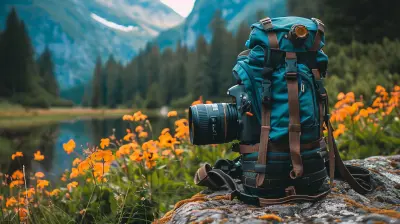Exploring Indigenous Wisdom: Journeys Through Native Lands
22 June 2025
Have you ever felt a deep curiosity about the ancient ways of life that shaped our world? Across the globe, Indigenous communities carry the wisdom of their ancestors—traditions, rituals, and knowledge passed down for centuries. These teachings aren’t just relics of the past; they offer us valuable insights into sustainability, connection with nature, and a more harmonious way of living.
In this article, let’s embark on a journey through Native lands to uncover Indigenous wisdom. From the vast deserts of Australia to the dense forests of the Amazon, each culture holds secrets that can reshape how we see the world. 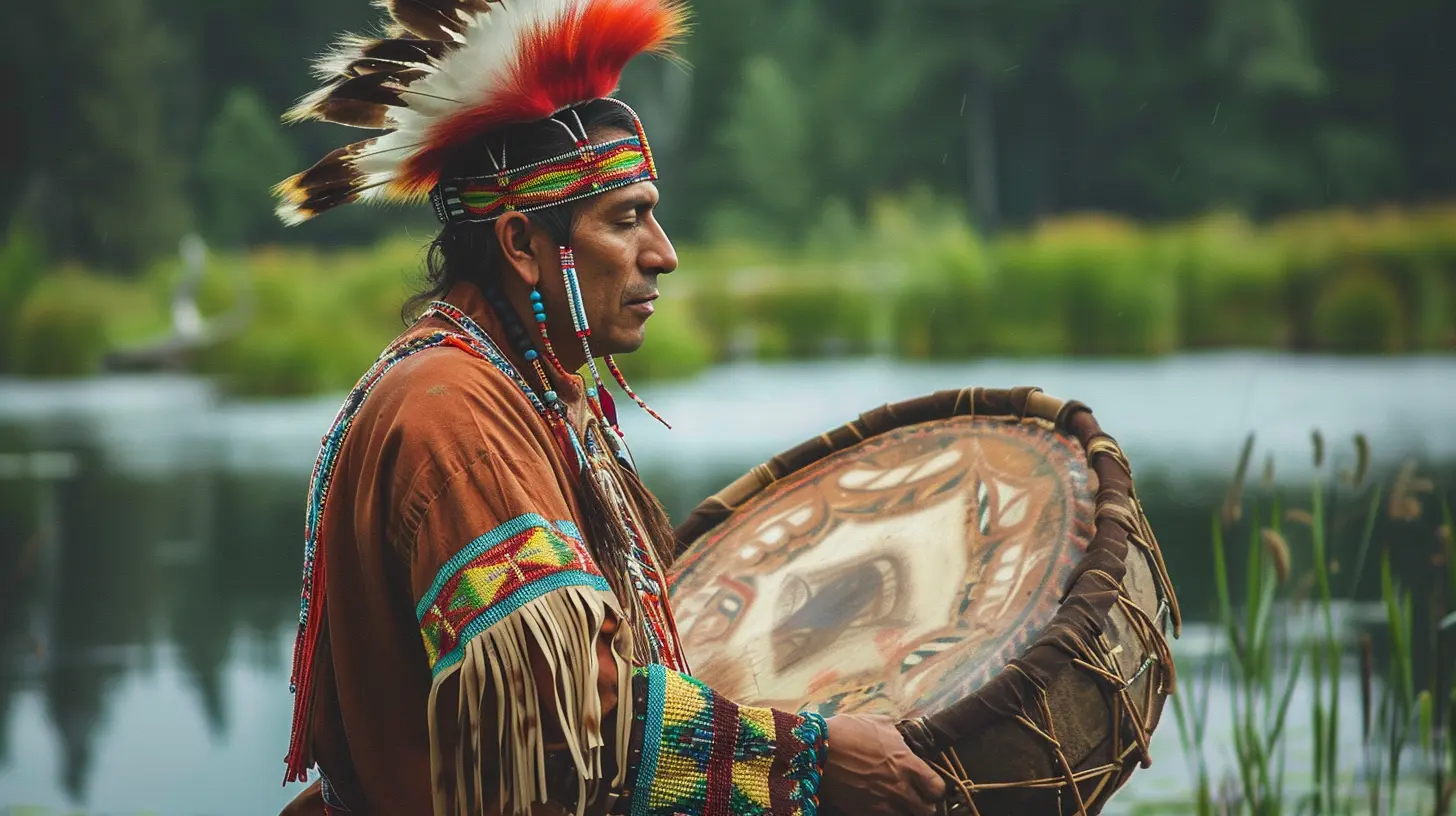
The Pulse of the Earth: Indigenous Connection to Nature
One of the most striking aspects of Indigenous wisdom is the deep-rooted connection with nature. While modern society often sees nature as a resource to be exploited, Indigenous cultures treat it as a living, breathing entity.For example, in many Native American traditions, the land isn't just dirt and rocks—it's a spiritual being. The Lakota people have a concept called Mitákuye Oyás’iŋ, meaning "All My Relations," emphasizing that humans, animals, plants, and even the elements are interconnected. This philosophy teaches respect and responsibility toward the environment.
Sustainable Living Before It Was Trendy
Long before "sustainable living" became a buzzword, Indigenous communities practiced eco-friendly lifestyles naturally. The Maori people of New Zealand follow the principle of Kaitiakitanga, or guardianship, ensuring that land and natural resources are preserved for future generations.The Inuit, surviving in the harsh Arctic conditions, masterfully utilize every part of an animal without waste. By contrast, modern industries often promote overconsumption and pollution—problems Indigenous wisdom can help us solve. 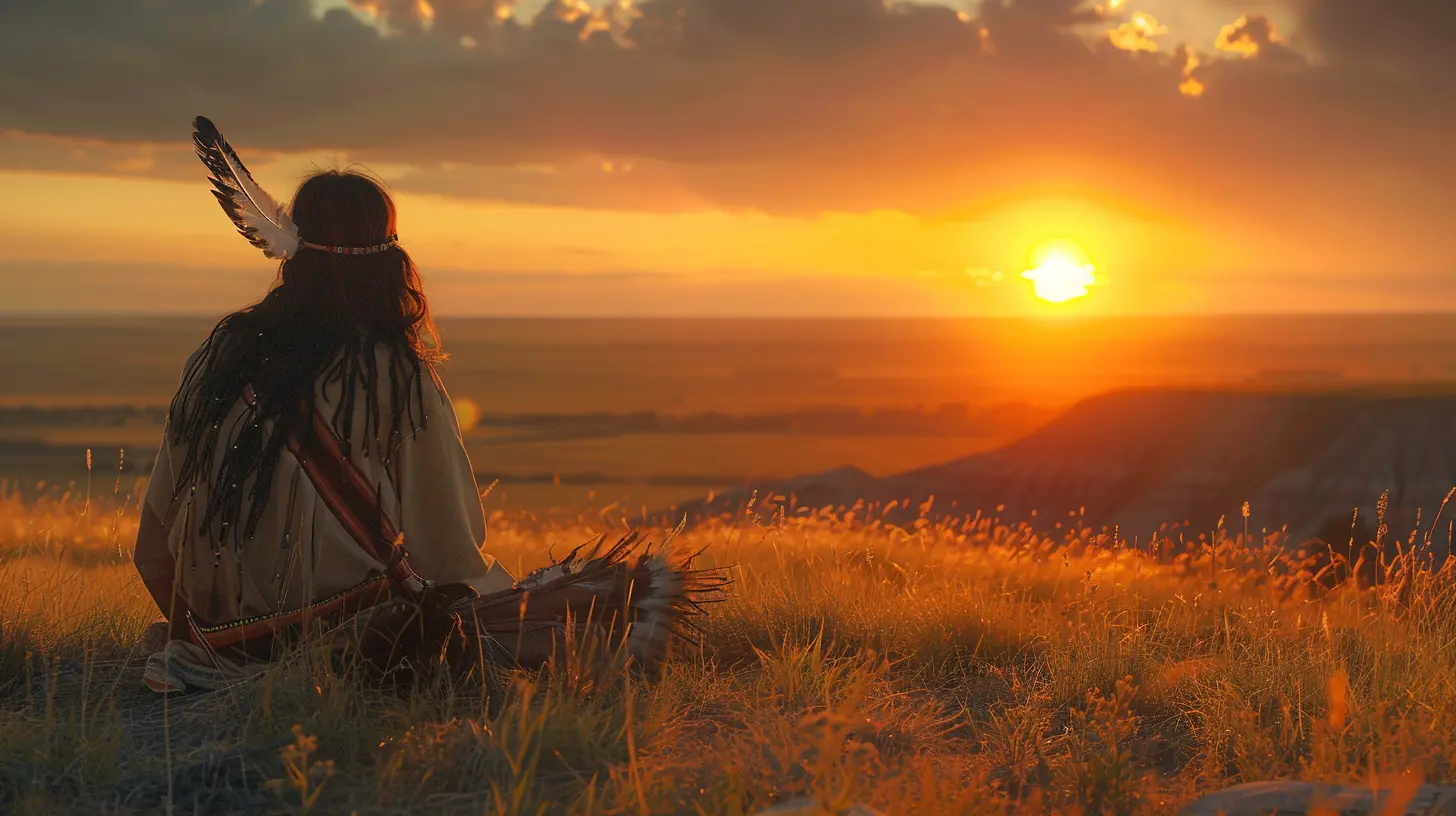
Storytelling: The Heartbeat of Indigenous Knowledge
If you take away books, the internet, and modern education, how do you pass on knowledge? Indigenous cultures have preserved their history, values, and scientific understanding through storytelling.Oral Traditions That Outlive Written History
Many Indigenous communities rely on oral traditions rather than written records. Stories aren’t just for entertainment; they're teaching tools packed with lessons about survival, morals, and identity.Take, for instance, the Dreamtime stories of Australian Aboriginals. These tales explain everything from the creation of the land to advice on how to find water in the desert. While outsiders may see them as myths, they often contain practical survival knowledge disguised as folklore.
Similarly, Native Hawaiian chants and hula dances are more than performances—they're living history, preserving genealogy, agriculture knowledge, and spiritual practices. 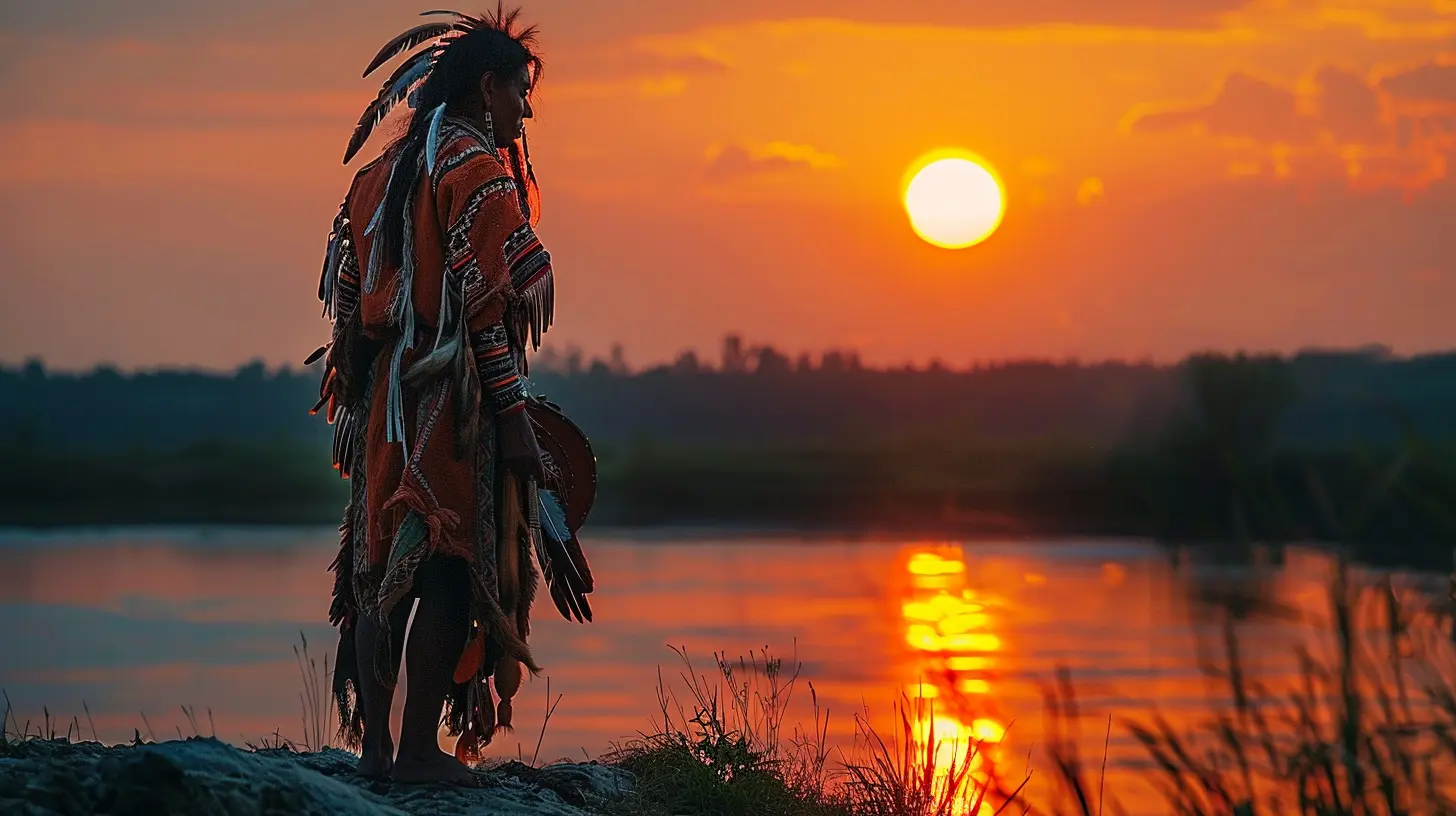
Healing the Soul: Indigenous Medicine and Spiritual Practices
In a time when modern medicine dominates, Indigenous healing practices still hold valuable wisdom. Many cultures combine physical healing with spiritual well-being, believing the two are deeply intertwined.Plants as Medicine: Nature's Pharmacy
Did you know that 25% of modern medicines have origins in Indigenous plant knowledge? Before pharmacies, Indigenous healers used herbs, roots, and fungi to treat ailments.For example, the Quechua people of the Andes use coca leaves to combat altitude sickness. In North America, tribes such as the Cherokee utilized echinacea for immune support long before it became a trendy health supplement.
And let's not forget ayahuasca, the Amazonian plant mixture known for its powerful healing and spiritual awakening properties. While Western science is only beginning to study its effects, Indigenous shamans have understood its power for centuries.
Mind, Body, and Spirit
Many Indigenous healing traditions don’t just focus on the body. They emphasize mental and spiritual balance. The Navajo people, for example, practice Hózhó, a philosophy centered around harmony and balance within oneself and the universe.Could it be that the fast-paced, stress-filled modern world needs this wisdom more than ever? 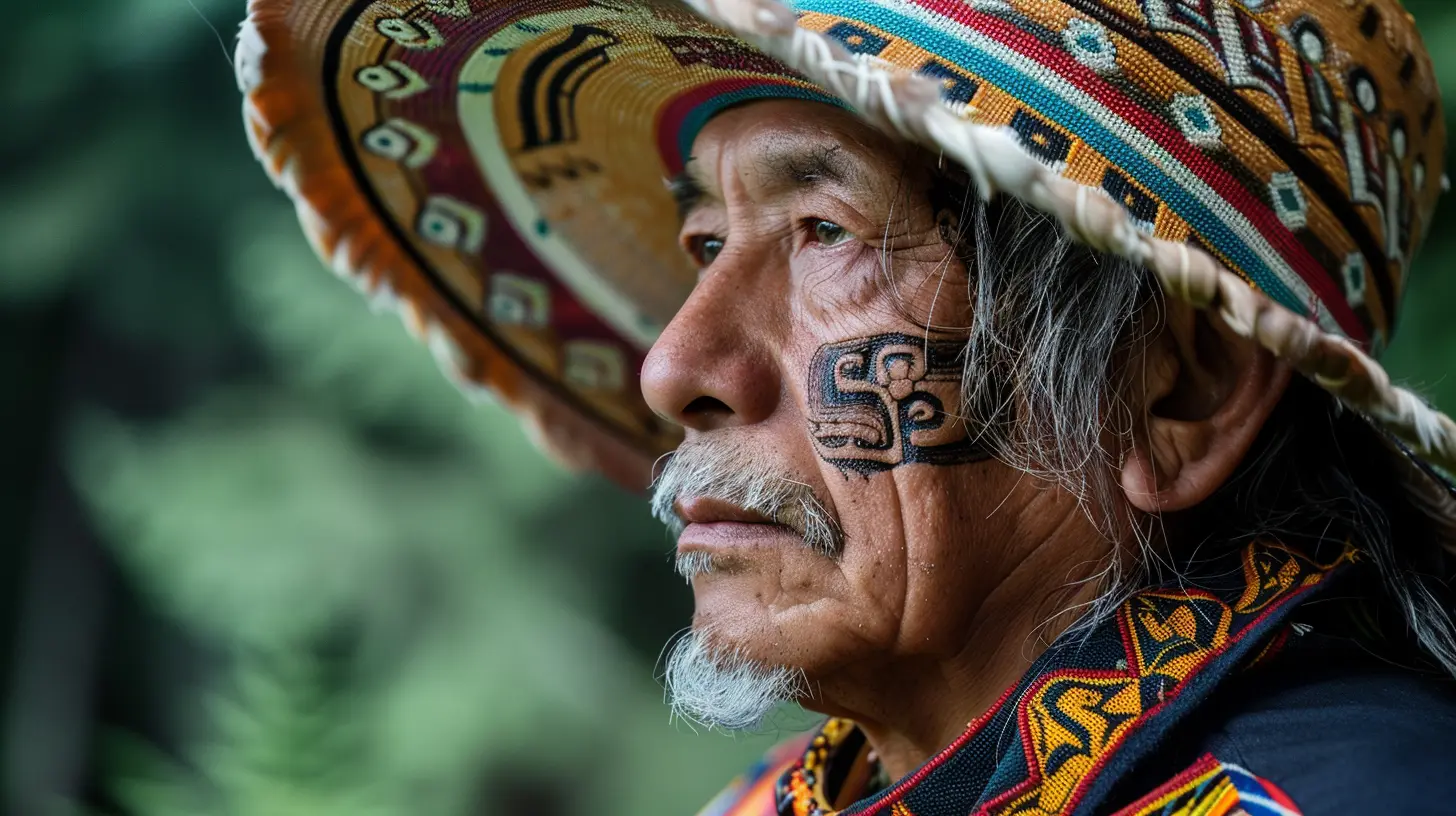
Indigenous Art, Music, and Dance: More Than Just Aesthetic
Art isn’t just about pretty pictures or catchy tunes in Indigenous cultures—it’s a form of communication, history, and spirituality.Symbolism in Every Stroke
Indigenous artwork often carries deeper meanings than what meets the eye. Aboriginal dot paintings, for example, tell sacred stories through patterns and symbols, while Haida totem poles in the Pacific Northwest preserve family history and tribal achievements.Music as a Spiritual Experience
Ever heard the deep, resonating sounds of a Native American flute or the rhythmic beats of African tribal drums? These aren’t just musical instruments; they're tools for storytelling, healing, and even connecting with the spiritual realm.In Mongolian Indigenous culture, throat singing is believed to mimic nature’s sounds, bringing harmony between humans and their environment. Imagine a song that sounds like rushing wind or flowing rivers—music directly inspired by the earth itself.
The Fight for Indigenous Rights and Cultural Preservation
While Indigenous cultures hold immense wisdom, they have also faced centuries of oppression, displacement, and cultural erasure. Today, many Indigenous activists work tirelessly to preserve their heritage and gain legal recognition of their rights.The Struggle to Keep Traditions Alive
Colonization, forced assimilation, and modern development have threatened Indigenous languages, lands, and traditions. The global push to reclaim Indigenous identity is stronger than ever, with movements to revive endangered languages, protect sacred sites, and reclaim stolen lands.For instance, the Wangan & Jagalingou people of Australia continue to fight against coal mining projects on their ancestral lands. Similarly, the Standing Rock Sioux Reservation’s protests against the Dakota Access Pipeline brought global attention to Indigenous land rights.
What Can We Learn from Indigenous Activism?
Beyond just protecting Indigenous cultures, their activism teaches everyone an important lesson: respecting the land means ensuring a future for all. Their battles aren't just for cultural survival; they reflect the larger fight for environmental and human rights.How You Can Experience Indigenous Wisdom Firsthand
Hearing about Indigenous wisdom is one thing, but experiencing it firsthand is something else entirely.Ethical Indigenous Tourism
If you ever find yourself traveling near Indigenous communities, seek out experiences that directly support them. Visit Indigenous-owned businesses, take guided cultural tours, and participate in immersive experiences.For example, visiting the Maasai people in Kenya, staying in an Indigenous-owned ecolodge in Costa Rica, or attending a powwow in North America can offer an authentic way to learn and give back.
Supporting Indigenous Voices
You don’t have to travel across the world to support Indigenous cultures. Read books by Indigenous authors, watch documentaries, and follow Indigenous activists on social media. Knowledge is one of the most powerful ways to support their wisdom and struggles.Final Thoughts
Indigenous wisdom isn’t just about the past—it’s about the future. Their deep understanding of nature, storytelling traditions, healing practices, and activism offer valuable insights for a world constantly searching for balance.In a time when climate change, social unrest, and rapid modernization dominate our lives, perhaps looking back at ancient wisdom is the key to moving forward.
So, will you take the journey to learn from Indigenous cultures? Their stories, traditions, and lessons might just change the way you see the world.
all images in this post were generated using AI tools
Category:
Cultural ToursAuthor:

Shane Monroe
Discussion
rate this article
2 comments
Carter Griffin
Embrace the richness of Indigenous wisdom as you journey through native lands. These experiences offer profound insights, not just for travelers, but for the soul. Let’s honor and uplift these cultures rather than merely observe. Respect, engage, and learn.
October 16, 2025 at 4:27 PM

Shane Monroe
Thank you for beautifully emphasizing the importance of respect and engagement in honoring Indigenous cultures. Your insight is a vital reminder for all travelers.
Alanna McRae
Embarking on a journey through Native lands is not just about travel; it's a profound opportunity to connect with ancient wisdom and vibrant cultures. Let the stories of the Indigenous peoples inspire us to embrace stewardship of our planet and foster respect for their rich heritage. Adventure awaits!
June 24, 2025 at 4:28 PM

Shane Monroe
Thank you for highlighting the importance of connecting with Indigenous wisdom and cultures. Embracing their stories truly enriches our journey and deepens our commitment to stewardship. Adventure indeed awaits!

